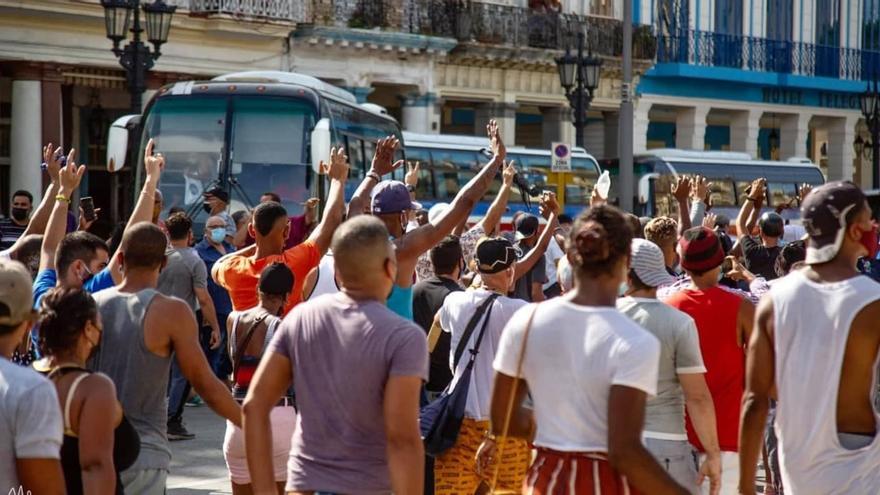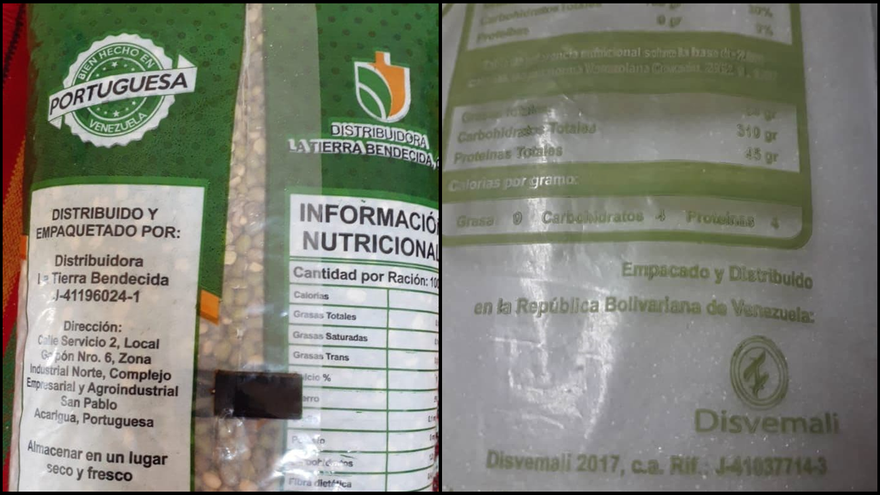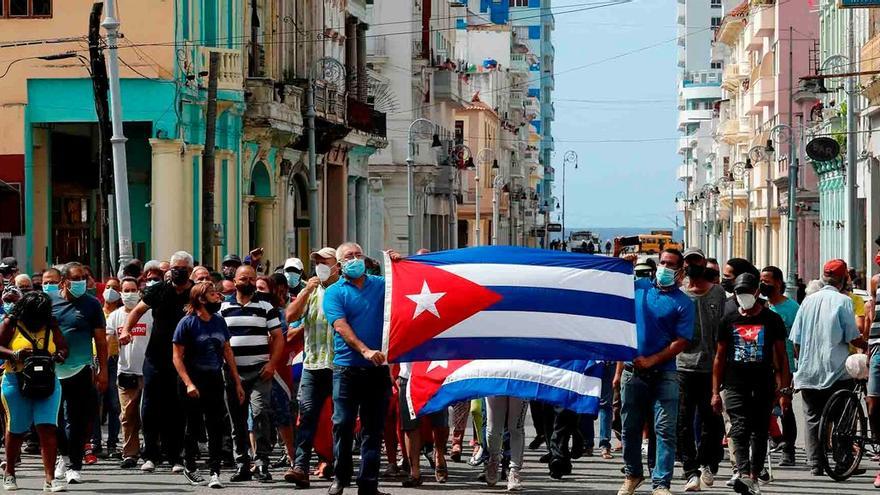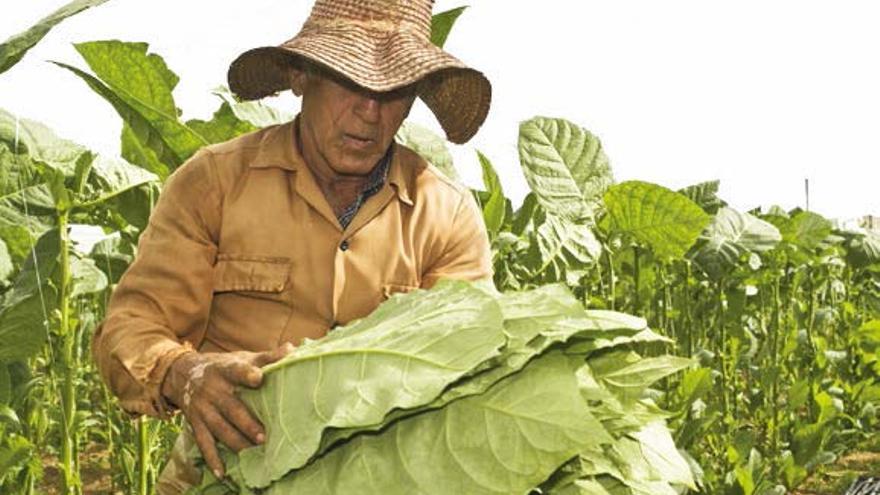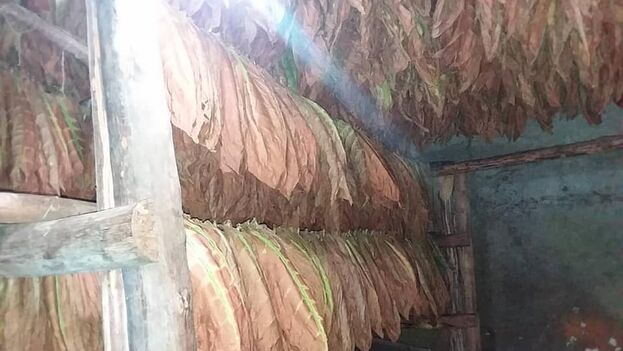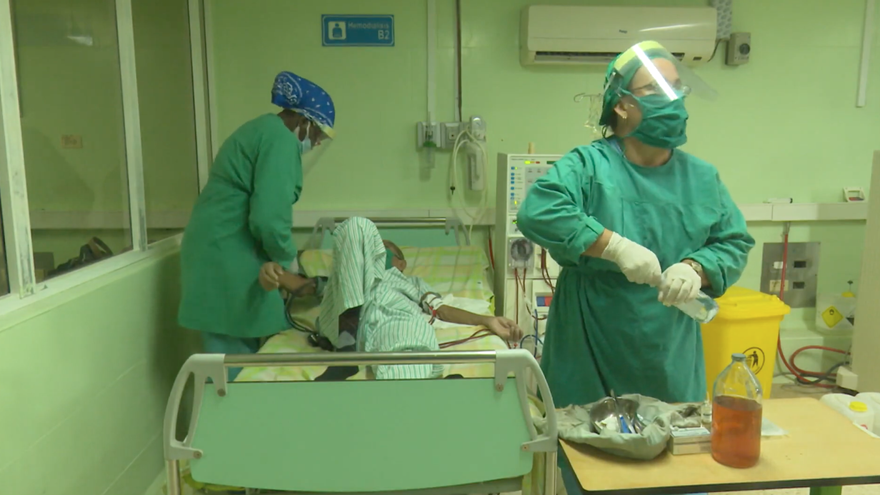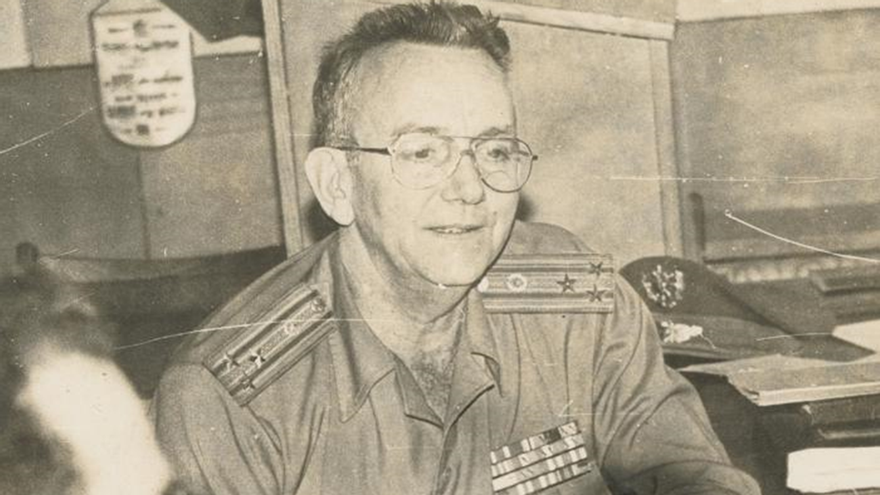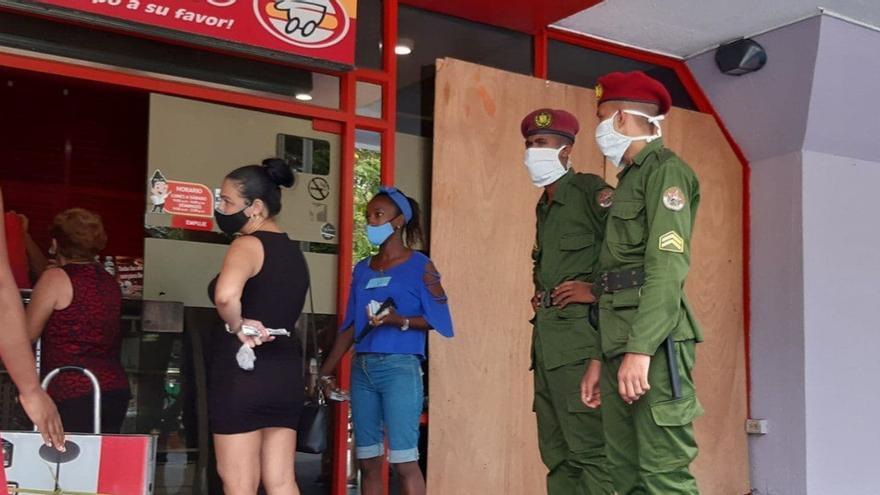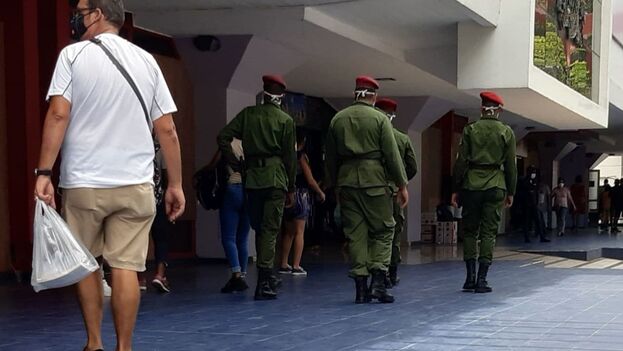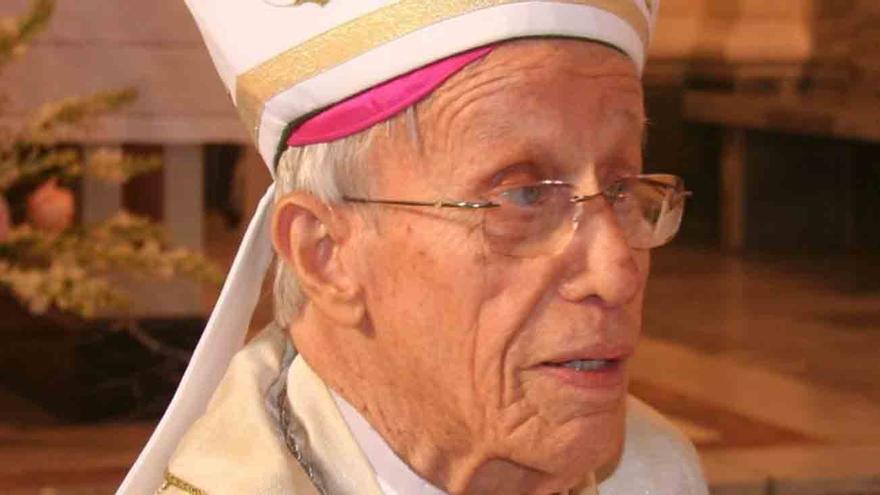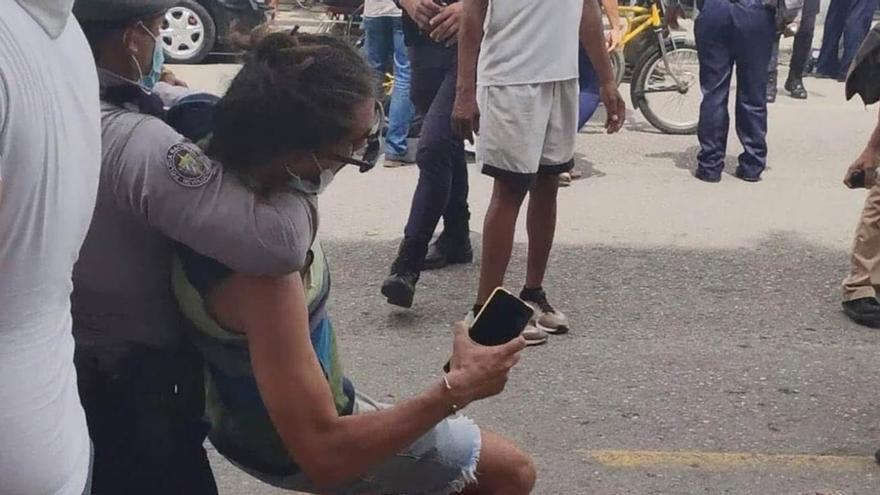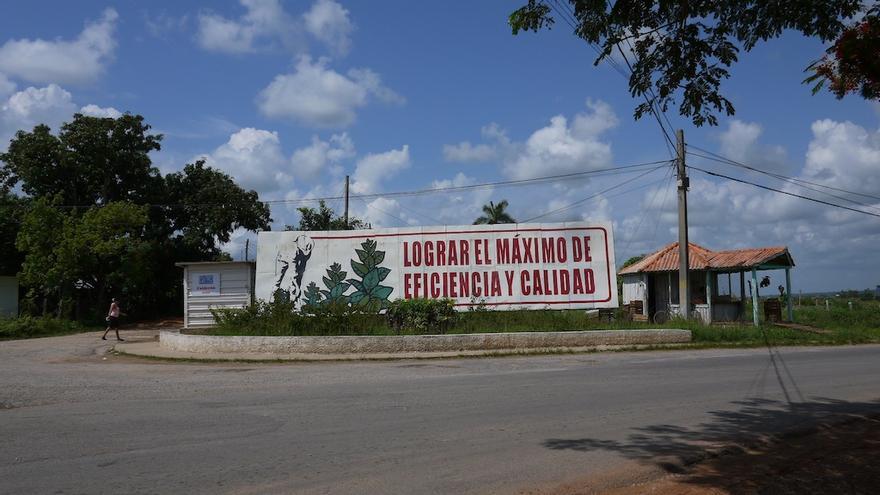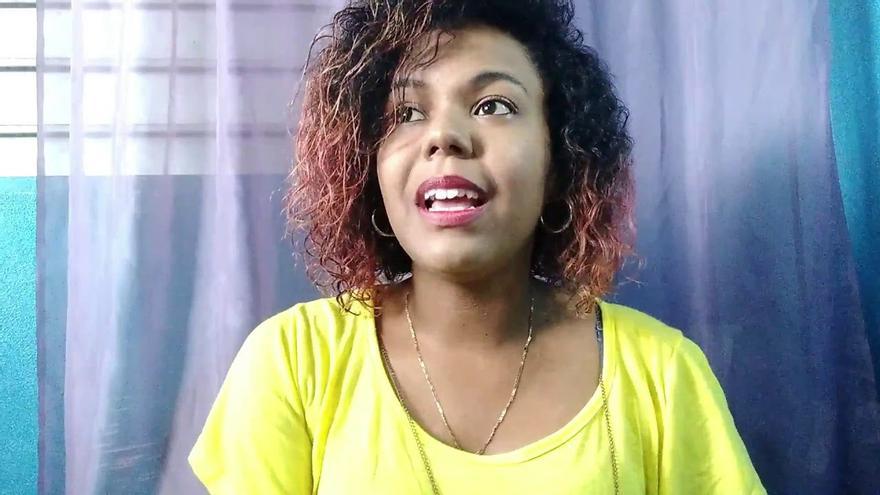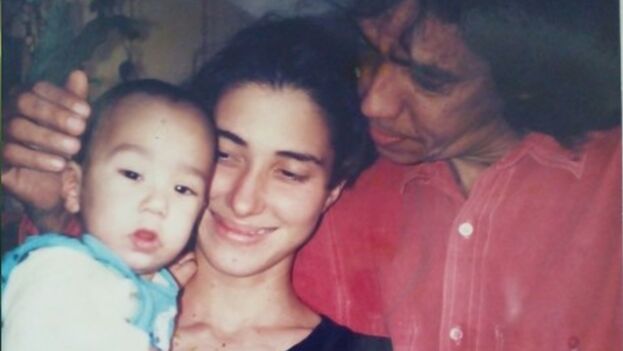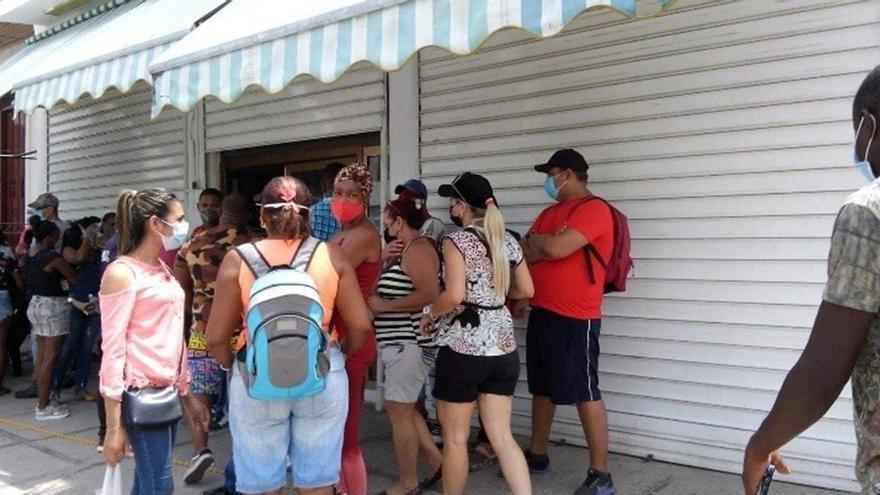
![]() 14ymedio, Santiago de Cuba, August 11, 2021 — Measures adopted in Santiago de Cuba to reduce capacity in foreign currency stores have only resulted more lines and more coleros.” The provincial government ordered stores to limit the number of people allowed inside to fifty a day during the hours of 8 am to 3 pm. Shoppers are allowed in after presenting an ID card. But every law has its loophole.
14ymedio, Santiago de Cuba, August 11, 2021 — Measures adopted in Santiago de Cuba to reduce capacity in foreign currency stores have only resulted more lines and more coleros.” The provincial government ordered stores to limit the number of people allowed inside to fifty a day during the hours of 8 am to 3 pm. Shoppers are allowed in after presenting an ID card. But every law has its loophole.
“The coleros* notice someone wanting to enter the store. You arrive at the time they are collecting ID cards and that’s it. Then you have to wait several days until it’s your turn. A friend of mine spent more than fifteen days waiting to buy a refrigerator,” explains Norma.
The Santiago resident recently got married and is trying to buy some home appliances. She has discovered, however, that this is the only way to get them other than “dying at the hands of resellers.”
The measures, which were adopted to discourage crowds from forming, took effect in early July, when Covid transmission was rising in Santiago de Cuba. They have also created new business opportunities.
Yamilé, a friend of Norma who has also been trying to shop at hard currency stores recently, claims the cost of buying someone’s place in line has risen from 200 pesos to 500 pesos. “When I got to the Cubalse store, the wait was more than twenty-one days. People were sleeping outside so they wouldn’t lose their place in line. It reminded me of the waiting list for trains during the Special Period.”
The ordeal of waiting your turn is continue reading
Although hard currency stores (known locally as MLCs) bill themselves as the only places to purchase the full range of home appliances, supply shortages are also affecting these stores, forcing many Cubans to turn to the informal market. “What little they have here goes to the street vendor,” a young man reports.
“They advertise on Facebook and Telegram, and provide home delivery, which is included in the purchase price. They give you all the documentation, such as the ownership certificate in the name of the person who bought the equipment and a receipt from the MLC.”
On August 6, the El Chago-Santiago de Cuba Facebook page, which is run by independent journalists, denounced what it described as a smuggling network operating in retail establishments which officials find “difficult to see and dismantle.”
Comments on the page mention a lucrative business that has sprung up involving several people and related to the sale of household appliances that are marketed in MLC stores. Another user posted photos of washing machines that had come from the La Violeta store in the city center.
According to a woman identified as Teresa Cobos, employees began removing washing machines from the sales floor after only ten people had been allowed into the store. “Who were the others for?” she asks. “Doesn’t the province have police who can investigate what laws are being broken and press charges. Or could it be they are ignoring it because someone at the top is benefitting economically?”
A month after mass protests on July 11, city officials reactivated “worker guards” to keep watch over places of employment and MLC stores.
The official press did not indicate if guard duty was voluntary but made clear that its objective was to “respond to any destabilizing attempt,” and to any action that disturbed national calm or that tried to “seize by right of conquest that which belongs to the revolutionary people.”
According to official figures, the number of hard currency stores in the province has grown to thirty since the government instituted the new retail model in October 2019. Limited supplies, very long lines and a collateral business of resellers characterize these stores, which have garnered widespread criticism throughout the country. They are the only ones, however, that still have more than a dozen products on their shelves.
*Translator’s note: A colero is someone who waits in line for others. See “Coleros are winning the propaganda battle against the Cuban regime.”
____________
COLLABORATE WITH OUR WORK: The 14ymedio team is committed to practicing serious journalism that reflects Cuba’s reality in all its depth. Thank you for joining us on this long journey. We invite you to continue supporting us by becoming a member of 14ymedio now. Together we can continue transforming journalism in Cuba.

